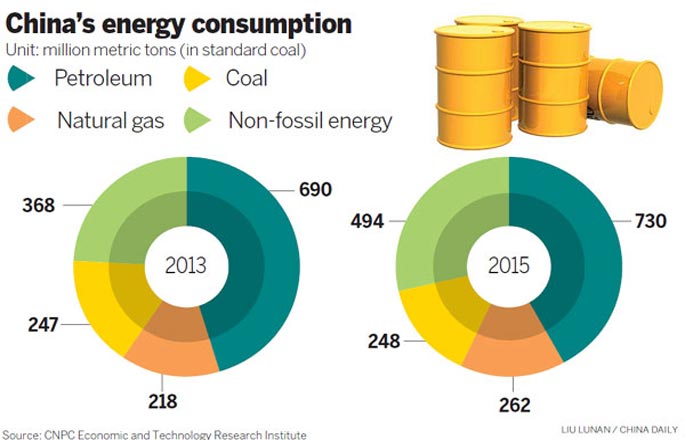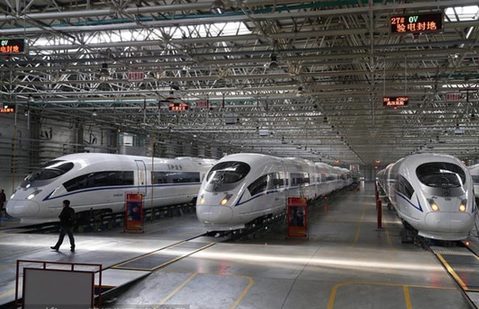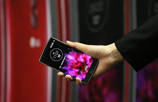Apple studies self-driving car, auto industry source says
(Agencies) Updated: 2015-02-15 10:04The Journal said that the Apple project, code-named "Titan", employed several hundred people working a few miles from Apple's headquarters in Cupertino.
Apple executives met with contract manufacturers including Magna Steyr in Austria, a unit of Magna International, the Journal said. A Magna spokeswoman declined to comment.
The path to self-driving cars
Autonomous driving is likely to emerge progressively as driver assistance systems become more sophisticated.
Already, carmakers such as Daimler, BMW and Volkswagen's Audi have revealed cars that can travel long distances without human intervention.
Analysts at Exane BNP Paribas have said they see a $25 billion market for automated driving technology by 2020, with vehicle intelligence becoming "the key differentiating factor". But the brokerage does not expect fully automated cars to hit the road until 2025 or 2030, in part due to regulatory hurdles.
Short of building entire cars, there is money to be made from the software to run a self-driving vehicle, as well as the services associated with autonomous driving, such as mapping, car-sharing and car recharging services, the auto source said.
"It's a software game. It's all about autonomous driving," the industry source said.
Apple may be pursuing mainly auto industry expertise rather than full-scale partnerships with established car companies.
With its soon-to-be-launched Apple Watch, the company had held limited discussions with Swiss watchmakers, but no broad-based alliance emerged from the talks.
Instead of partnerships, Apple pursued a go-it-alone strategy and turned to poaching talent from top watch brands.
Two different sources have told Reuters that Apple has tried to recruit auto industry experts in areas such as robotics.
- UAE ready to be gateway to better ties of China, Arab world
- China considers taking more actions about steel pipe trade dispute
- Apple studies self-driving car, auto industry source says
- Maritime Silk Road to boost regional prosperity: overseas experts
- Chinese-built railway in Angola open to traffic
- China's Minsheng to invest £1b in new London financial
- Xinjiang's trade with Russia surges despite overall slowdown
- Shanghai GM recalls 22,508 Cruze cars
















